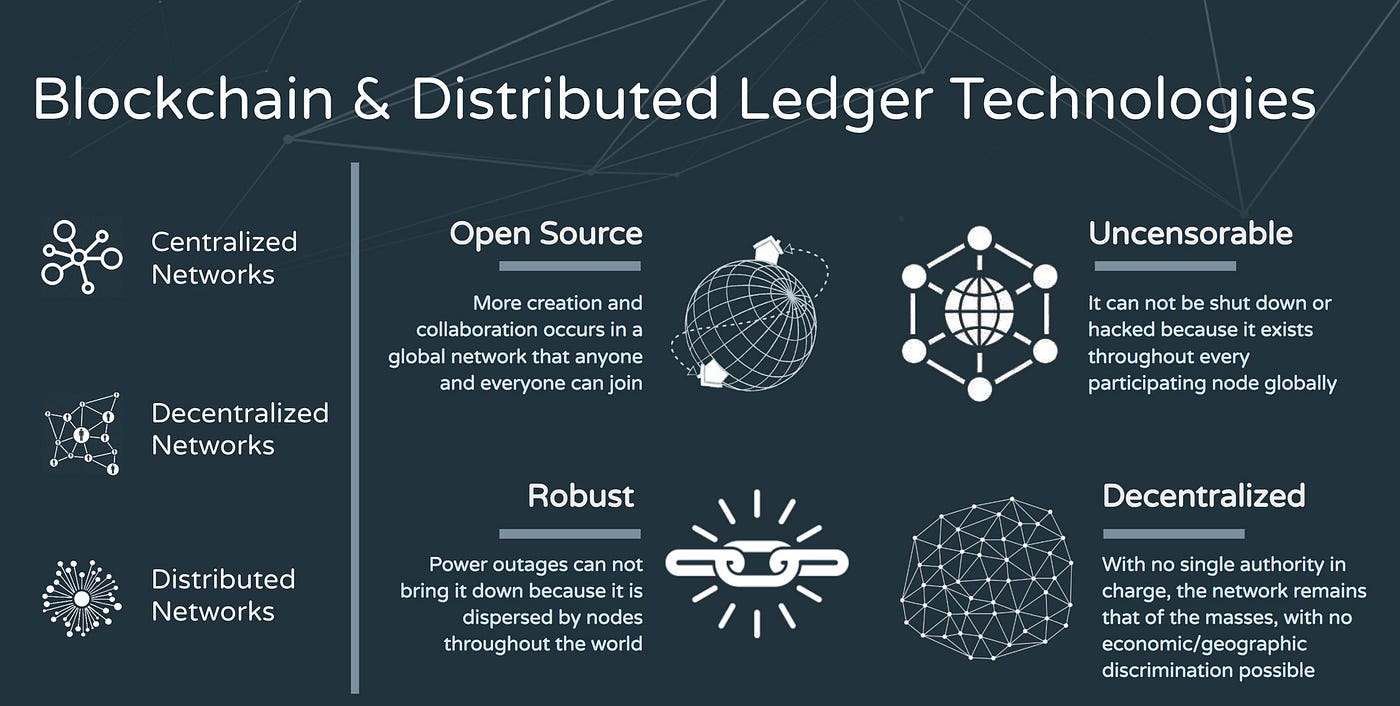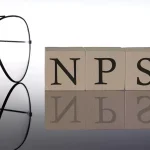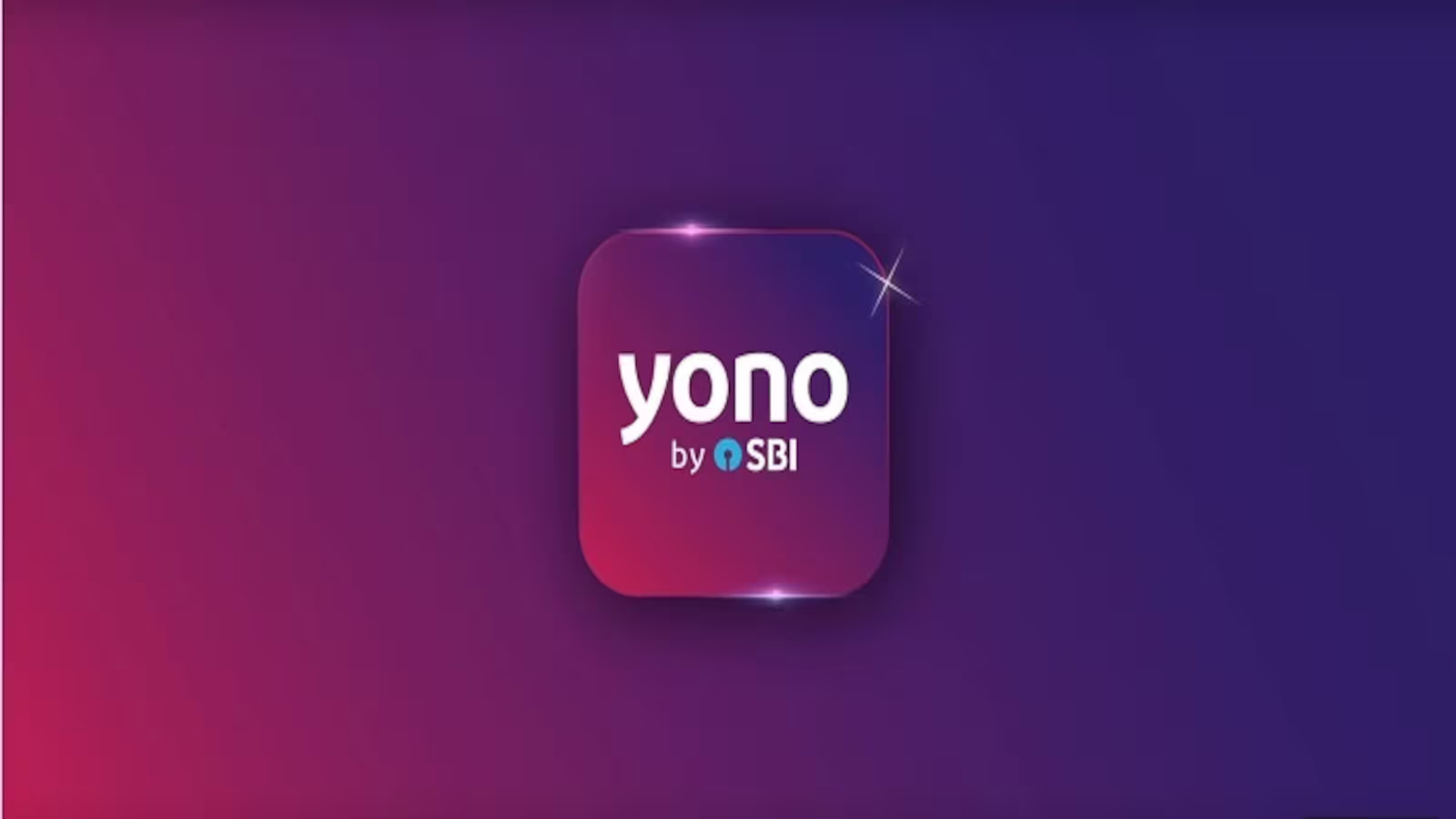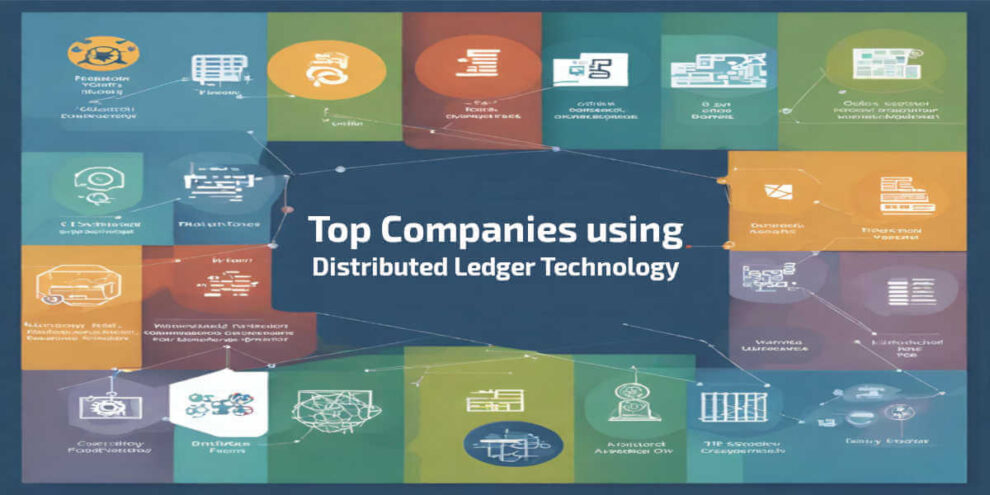For years, blockchain was relegated to the fringes of finance, associated with volatile cryptocurrencies and shadowy figures like Satoshi Nakamoto. But the tide is turning. Major corporations are no longer just dipping their toes in the water; they’re diving headfirst into the world of distributed ledgers, recognizing the transformative potential of this technology.
Supply Chain Transparency:
Walmart: Tracking food provenance from farm to fork with blockchain ensures food safety and consumer trust. Walmart has been working with IBM to leverage blockchain technology to digitize its supply chain network. By tracing the movement of food products on blockchain, Walmart aims to track food authenticity, improve transparency, and enable rapid tracing of contaminated foods if outbreaks occur.

Some key benefits Walmart hopes to realize include:
Faster identification of food safety issues to reduce spread of contaminations
Greater visibility into supplier processes to build consumer trust
Enhanced food freshness and waste reduction through supply chain optimizations
Maersk: Streamlining shipping logistics through blockchain-powered platforms reduces errors and delays. As a leading shipping giant, Maersk has deployed blockchain solutions to digitize supply chains to boost efficiency and delivery reliability. Its platforms enable real-time cargo tracking and paperless documentation transfers reducing overhead costs and delivery times.
Key advantages for Maersk’s blockchain implementations include:
Avoiding delays and confusion from paperwork lags
Mitigating shipment errors and reparative data entries
Saving labor and logistics costs through automated smart contracts
Financial Innovation:
JPMorgan Chase: Developing its own blockchain platform, JPM Coin, for faster and cheaper cross-border payments. JPMorgan created the JPM Coin on a permissioned blockchain to enable instantaneous value transfers between institutional accounts. It facilitates transactions worth billions of dollars each day across JPMorgan’s international payment networks.
Benefits of rapid expansion of JPM Coin include:
Near real-time settlement of payments at lower costs
Elimination of third party intermediaries from transactions
Programmable payments via smart contracts across client bases
UBS: Using blockchain to streamline securities settlements and reduce costs associated with traditional methods. Working with technology providers like Clearmatics, UBS has initiated blockchain pilots to improve post-trade processes. By automating traditionally paper-based systems, UBS aims to minimize reconciliation and settlement failures in trading.
UBS is focused on extracting these advantages from blockchain:
Slash trade settlement times from days to minutes
Lower operational risks and costs in securities servicing
Accelerate trade deal life cycles through instant verification
Identity Management:
Microsoft: Partnering with Animoca Brands to develop decentralized identity solutions for Web3 applications. Teaming up with Hong Kong’s Animoca Brands, Microsoft is building out a broad digital identity ecosystem spanning virtual worlds and metaverse platforms. It will enable seamless cross-environment continuity of identities, assets, and histories.
This collaboration aims to drive:
Seamless identity portability across metaverses
User ownership and control over virtual identity data
Mitigation of risks like impersonation or fake account creation
IBM: Utilizing blockchain to create secure and tamper-proof digital identities for refugees and underserved communities. As part of its World Community Grants program, IBM is developing blockchain-based digital identity solutions tailored to the needs of vulnerable populations. These solutions help streamline access to essential services like healthcare, jobs, financing etc. by establishing unique and unified digital IDs stored immutably on blockchain.
IBM’s initiatives strive to empower excluded groups through:
Data security and minimized exposure risks
Control over identity attributes and histories
Restoration of identification records lost in conflicts
Creative Industries:
Sony Music: Experimenting with blockchain to track music royalties and empower artists with greater control over their work. Attempting to fix opaque accounting and improve creator earnings, Sony Music joined the Global Music Rights blockchain initiative. It will facilitate transparent tracking of music usage metrics like streams or radio plays for accurate royalty distribution.
Goals behind this blockchain integration include:
Automated real-time tracking of music usage data globally
Cryptographic royalty payment transparency between artists and platforms
Direct payouts to creators circumventing intermediaries
OpenSea: The leading NFT marketplace, using blockchain to authenticate ownership and combat digital art fraud. As the portal linking creators and collectors across 20 different blockchains, OpenSea relies on the immutability of underlying ledgers to ensure authenticity and scarcity of listed NFTs. Rights are programmatically tethered to tokens, with ownership instantly verifiable on-chain.
OpenSea unlocks value for creators and buyers via:
Proof of authenticity and ownership preserved on blockchain
Automated smart contracts for transparent royalties and licensing
Mitigation of forgeries or unauthorized use of original artwork
Sustainability Initiatives:
Shell: Exploring blockchain to track carbon offsets and promote transparency in environmental initiatives. Collaborating with digital asset traceability companies, Shell is piloting concepts for minting carbon credit NFTs. These tokens would be issued once emissions reduction standards are verified, enabling climate action impacts to be immutably tracked on blockchain.
Shell’s intended sustainability benefits include:
Removing double-counting or over-reporting challenges in carbon accounting
Accurately tracing ownership histories of credits over time
Simplifying the offset purchasing process for consumers
ConsenSys: Utilizing blockchain to track the impact of sustainability projects and ensure ethical sourcing of materials. Working with World Wildlife Fund Australia, ConsenSys Codefi is creating monitoring systems to trace impacts of conservation grants. It tracks metrics like forest carbon levels, species population changes and local community benefits enabled by funded projects.
Impact goals for ConsenSys sustainability initiatives are:
Provable monitoring of biodiversity and habitat enhancements
Guarantees for ethical sourcing of materials like renewable fibres
Mitigating misuse of funds through transparency over spending
Key Takeaways:
These are just a few examples of how big companies are leveraging the power of blockchain. The benefits are undeniable: enhanced transparency, improved efficiency, reduced costs, and increased trust.
While the potential is immense, challenges remain. Scalability, regulatory uncertainty, and lack of interoperability across different blockchain platforms are hurdles that need to be overcome. Additionally, integrating blockchain into existing systems and processes requires significant investments and a shift in corporate culture.
Despite the challenges, the momentum is undeniable. Big companies are paving the way for wider adoption, and with continued innovation and collaboration, blockchain is poised to disrupt industries and reshape how we interact with the world.
Here are some key takeaways:
Big companies like Walmart, JP Morgan and Microsoft are actively exploring and implementing blockchain solutions.
Use cases span diverse industries, from supply chains to finance and creative content platforms.
Hurdles around scalability, regulations and legacy system integration pose challenges.
But the significant efficiency and transparency benefits far outweigh the risks and costs involved.
Mainstream enterprise adoption of blockchain now seems inevitable, with the potential to revolutionize business operations and trusted interactions globally.
As we navigate this exciting new era of decentralized technologies, it’s crucial to stay informed and engaged in the ongoing conversation. Blockchain has immense power to drive positive transformation – so let’s work together to ensure it evolves responsibly to benefit people and the planet.













Add Comment